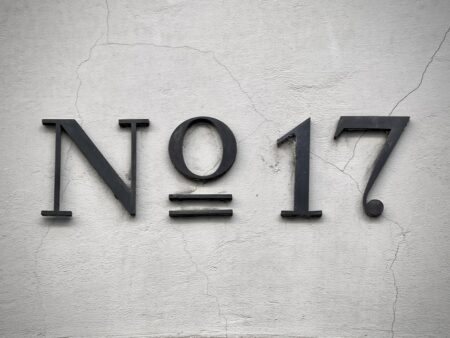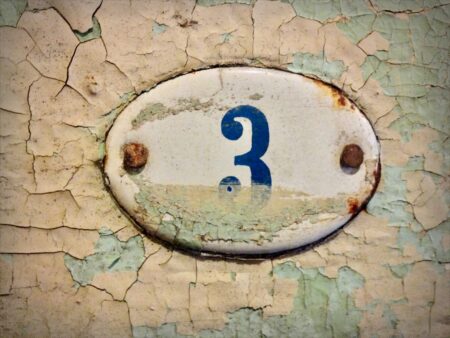16 January 2024
By Roger Kennedy
roger@TheCork.ie
Entertainment
Numbers form the foundation of life. Specifically, we can explain many of the physical processes around us through mathematical equations. However, it’s not just in physics where numbers are important. We attach significance to numbers in all manner of situations and settings. In fact, there are disciplines dedicated to the importance and meaning of numbers.
Source: Pixabay
The Continued Popularity of Numerology
Celtic numerology describes numbers as concepts, rather than mere expressions of quantity. This type of thinking still exists in today’s world. Walk into any casino or log into a website and roulette is one of the most popular games. Some players like to put money on any number that captures their interest in the moment, while others tend to favour some numbers over other. Those who fall into the latter camp have attached significance to certain numbers for a reason.
For example, some consider 17 to be one of the best roulette numbers to bet on entirely because it lies at the centre of the board. Its position on the board is eye-catching so, in turn, players attach a certain significance to it. Does that mean it’s more likely to hit than any other number? Not in the least. Similarly, despite the game of roulette being entirely luck-based, 3 is also a player-favourite particularly because Greek philosophers regarded it as perfect. Irish players might be further drawn to the number 3 (aka Tri) because, in Celtic numerology, it indicates a sense of unity. Indeed, many famous figures in Irish mythology have links to the number 3, such as the 3 sons of Uisneach.
Numbers that Mean Something in Ireland
Source: Unsplash
As you can see, it wasn’t hard for us to jump from modern roulette to Irish mythology using numbers, which confirms that they’re a significant part of the culture. This is true irrespective of whether you believe numbers mean anything beyond their ability to quantify. With this in mind, here are some other numbers that had conceptual as well as statistical significance with Celtic culture:
- The number 4 aka Ceathair (k’aher’) = 4 is the number that symbolises earth and land, from the Middle Irish phrase Ceathair Dúil which means four elements.
- The number 8 aka Ocht (ó:xt) = Celtic numerology has the number 8 as the symbol for purity and perfection. That’s probably because it’s perfectly connected i.e. it doesn’t have any ends because it’s a continuous symbol.
- The number 9 aka Naoi (ni:) = 9 is regarded as the most complete of all numbers because it’s the sum of 3 x 3. So, if three symbolises completeness, 9 is the ultimate symbol of completeness.
- The number 11 aka Aon Deag (i:n deg’) = Irish mythology points to the number 11 being a magical number. Specifically, it represents the concepts of magic as wisdom.
- The common consensus is that number 13 is unlucky but, in Celtic numerology, it’s not quite as ominous. According to research, 13 is the symbol of being prepared for difficult times.
Numbers, as you can see, have played an important part in Irish history. So, the next time you’re looking up the address of an old Irish pub, playing a game or walking down the street, take note of the numbers you see because they might just mean something.


